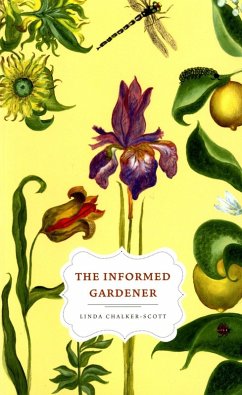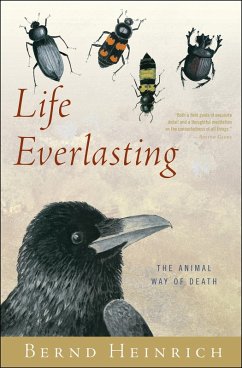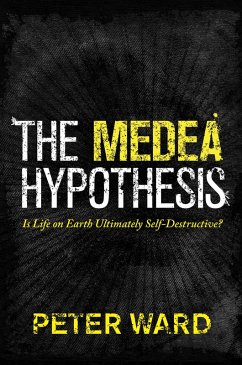
On Naval Timber and Arboriculture (eBook, ePUB)
Enriched edition. With Critical Notes on Authors who have Recently Treated the Subject of Planting
Kommentar: Hale, Sterling / Redaktion: Good Press
Versandkostenfrei!
Sofort per Download lieferbar
0,49 €
inkl. MwSt.
Weitere Ausgaben:

PAYBACK Punkte
0 °P sammeln!
In "On Naval Timber and Arboriculture," Patrick Matthew presents a pioneering examination of the forestry industry, particularly focusing on the cultivation and management of trees vital for shipbuilding. Written in 1831, this seminal work combines meticulous scientific observation with practical advice on arboriculture, stemming from Matthew's own experiences as both a naturalist and a landowner. His literary style is characterized by a clear, instructional tone, enriched with empirical data that illuminates the ecological and economic principles underpinning timber production. Set against th...
In "On Naval Timber and Arboriculture," Patrick Matthew presents a pioneering examination of the forestry industry, particularly focusing on the cultivation and management of trees vital for shipbuilding. Written in 1831, this seminal work combines meticulous scientific observation with practical advice on arboriculture, stemming from Matthew's own experiences as both a naturalist and a landowner. His literary style is characterized by a clear, instructional tone, enriched with empirical data that illuminates the ecological and economic principles underpinning timber production. Set against the backdrop of the Industrial Revolution, Matthew's treatise also prefigures modern sustainability debates, as he champions responsible forestry practices that align with the needs of burgeoning naval demands. Patrick Matthew, a Scottish landowner and horticulturist, possessed a deep understanding of both agricultural practices and natural history. His unique position'-intersecting the worlds of science and practical land management'-compelled him to address the pressing issues surrounding timber supply for the British naval fleet. Matthew's insights were informed by British naval needs during a time of maritime competition, and he was notably ahead of his time in advocating for a sustainable approach to natural resource management. I wholeheartedly recommend "On Naval Timber and Arboriculture" to scholars of environmental science, maritime history, and forestry. Matthew's perspicacious insights not only illuminate the intricacies of timber management but also encourage contemporary readers to reflect on sustainable practices in today's ecological context. This book stands as a crucial historical document that fosters an appreciation for the balance between nature and industry. In this enriched edition, we have carefully created added value for your reading experience: - A succinct Introduction situates the work's timeless appeal and themes. - The Synopsis outlines the central plot, highlighting key developments without spoiling critical twists. - A detailed Historical Context immerses you in the era's events and influences that shaped the writing. - A thorough Analysis dissects symbols, motifs, and character arcs to unearth underlying meanings. - Reflection questions prompt you to engage personally with the work's messages, connecting them to modern life. - Hand-picked Memorable Quotes shine a spotlight on moments of literary brilliance. - Interactive footnotes clarify unusual references, historical allusions, and archaic phrases for an effortless, more informed read.
Dieser Download kann aus rechtlichen Gründen nur mit Rechnungsadresse in A, B, BG, CY, CZ, D, DK, EW, E, FIN, F, GR, H, IRL, I, LT, L, LR, M, NL, PL, P, R, S, SLO, SK ausgeliefert werden.












